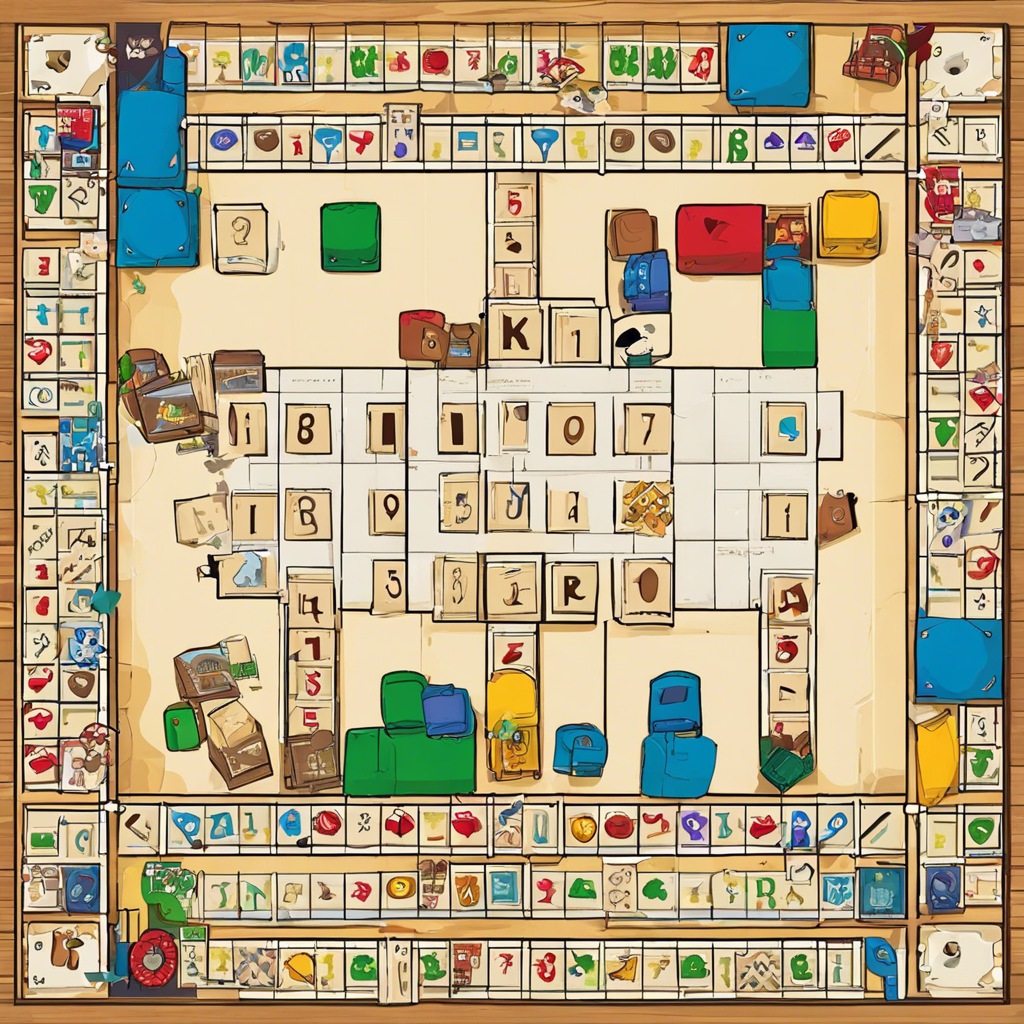Playing board games is not just a fun pastime; it offers a multitude of benefits that make it an excellent activity for people of all ages. From strategy and problem-solving to social and communication skills, board games provide an engaging and interactive platform that fosters learning and growth. With a wide variety of games available, there is something for everyone, and the benefits of playing them are numerous.
One of the key advantages of board games is their ability to enhance cognitive abilities. Games often require players to make strategic decisions, plan ahead, and solve problems, engaging their critical thinking skills and encouraging creative solutions. This mental stimulation can improve players’ memory, increase attention span, and even boost overall academic performance. Additionally, board games provide an opportunity to develop and practice social and emotional skills. Players learn to follow rules, take turns, and cooperate or compete fairly.
Board games also promote effective communication and interpersonal connections, fostering a sense of community and improving one’s ability to build and maintain relationships. The interactive nature of board games makes them a perfect platform for social interaction and fun. Playing board games can also help individuals develop a sense of self-confidence and improve their self-esteem. Mastering game rules and strategies and experiencing success and victory can boost one’s confidence and encourage a positive self-image.
Furthermore, board games offer an excellent opportunity for families and friends to bond and create lasting memories. They provide a platform for shared experiences, laughter, and friendly competition, bringing people together and strengthening relationships. The benefits of playing board games are extensive and far-reaching, impacting individuals’ cognitive, social, and emotional development. They are an excellent activity for all ages and provide a fun and engaging way to learn and interact with others.
In addition to their cognitive benefits, board games can also teach important life skills. Many games involve elements of economics and finance, such as resource management and budgeting, which can help players develop financial literacy and understand basic economic principles. Games can also foster an understanding of probability and risk assessment, teaching players to weigh options, make informed decisions, and manage uncertainty. These skills can be incredibly valuable in real-life situations and provide players with a strong foundation for navigating various challenges and opportunities.
Board games also provide a safe and controlled environment to experience risk and learn from failure. Players can experiment with different strategies, make mistakes, and face setbacks without significant real-life consequences. This allows individuals to develop resilience, perseverance, and a growth mindset, which can be applied to other aspects of life. Losing gracefully is an art in itself, and board games provide an avenue to practice this skill. Players learn to handle defeat with dignity, accept outcomes, and congratulate winners, all while maintaining a positive attitude and a desire to improve.



